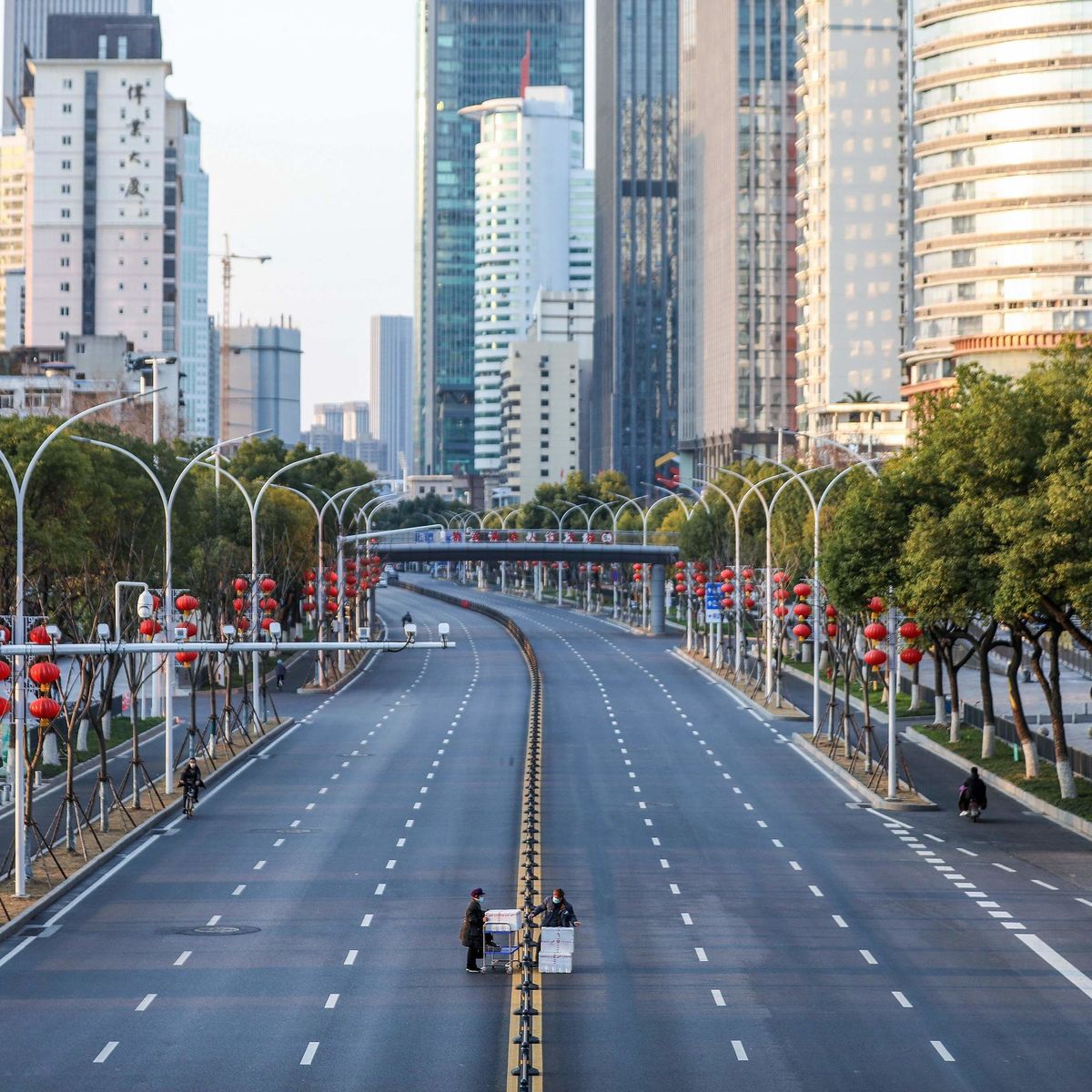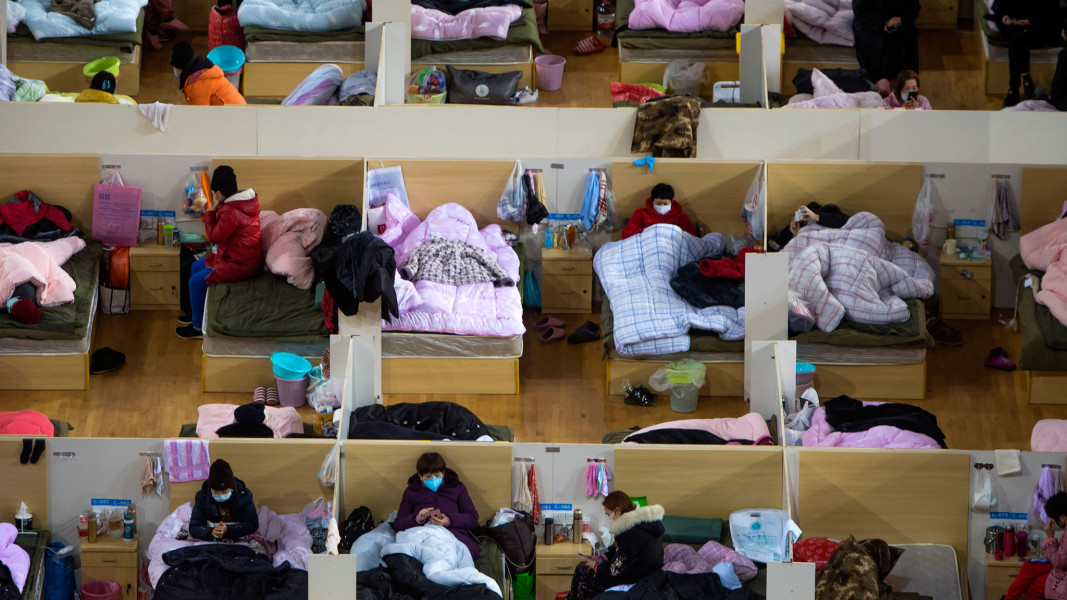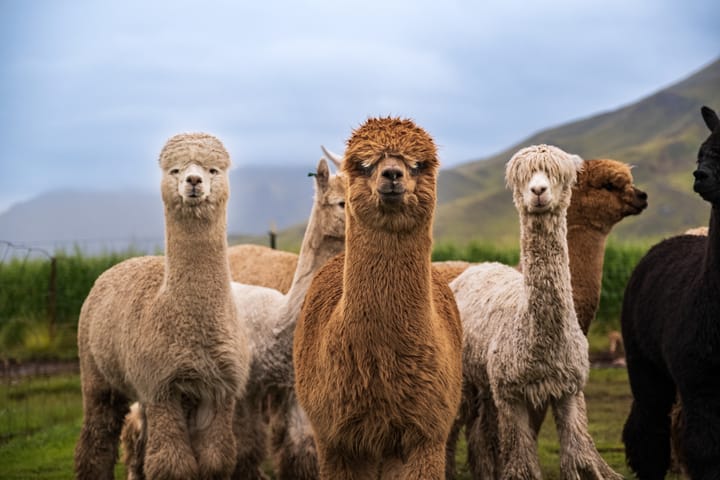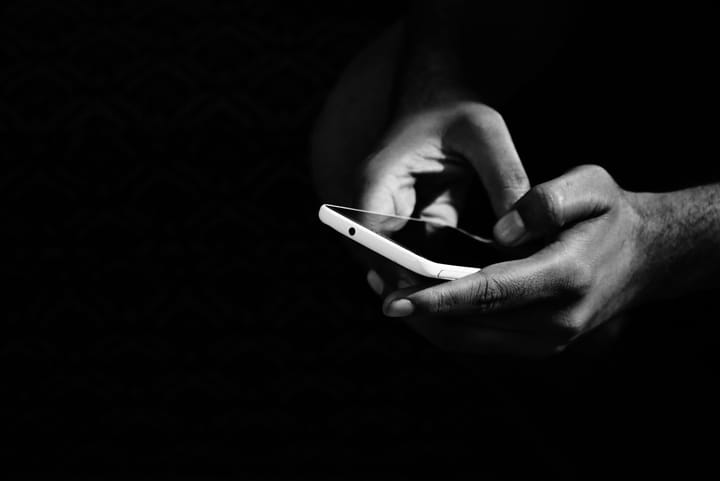Life during coronavirus: Impact on mental health

A few minutes every morning is all you need.
Stay up to date on the world's Headlines and Human Stories. It's fun, it's factual, it's fluff-free.
As of March 28, 2020, new coronavirus cases have passed 663,000.
While this is a global virus, some countries have been hit harder than others. The United States currently has the most confirmed cases, while Spain and Italy have seen the most deaths, with 5,982 and 10,023.
Not only are individuals in communities the world over becoming sick and in some cases dying, but economies are shutting down and livelihoods are being upended as governments struggle to slow the spread.
People are being told to stay home, isolate themselves, practice social distancing and only leave the house for essential reasons. Many schools and universities have moved their courses online, with varying degrees of success, and many workers have been laid off.
In the United States, jobless claims reached an all-time high of 3.3 million earlier this week.
According to a report released by Cigna, an American health insurance company, 3 out of 5 Americans were already suffering from feelings of loneliness before the spread of the coronavirus.
Bert Uchino, a professor at the University of Utah who studies health and relationships, says that these feelings have “widespread effects" on an individual’s overall well-being, leaving them more likely to feel anxious and depressed.
Intersection of heath and economics
With new measures in place to curb physical interaction, mental health experts are expecting to see an uptick in stress and anxiety in the general population.
One of the main reasons for this, according to Dr. Mary Alvord, is that this type of event is especially conducive to “catastrophizing,” meaning affected individuals can get trapped into fixating on the virus and the possible ways it can hurt them or their loved ones.
Loneliness and lack of social contact may exacerbate these problems.
“This mass anxiety spiral limits what you do,” Alvord says.
Dr. Andrew Kuller, a clinical psychologist at Boston’s Harvard-affiliated McLean Hospital, echoes this sentiment. Those with anxiety problems may have “trouble doing anything but washing [their] hands every minute they’re awake,” Kuller says, setting aside other things that are necessary to function normally in their daily lives.
Although these examples skew towards the more extreme, others point out that both economic and health anxieties are being pushed to the forefront of people’s minds, creating conditions for a troubling social response.
“The worry becomes, ‘How do I pay my bills? What if I lose my job? What if I lose my car?” says Patrick McGrath, the head of clinical services at NOCD, an online mental health site that connects licensed practitioners with patients. “Anxiety disorders are based on two words: ‘What if,’ followed by the worst scenario your brain can devise.”
Constant coverage

Another factor likely to lead to an increase in mental health issues in the current moment is the sheer amount of news coverage that people are ingesting along with the daily reminder of new cases and higher overall death tolls.
Laurel Purves, a resident of Wisconsin, spoke with The Millennial Source about the efforts he’s taking to try to maintain a healthy perspective.
“I deactivated most of my social media and deleted all the news apps from my phone. I give myself 10 minutes a day to catch up on the news,” Purves says. “Part of the problem is that coronavirus is the only thing anyone is talking about and it’s overwhelming.”
Stefanie, a resident of Ontario, Canada, concurs.
“In terms of mental state, it’s not so much the social distancing that is bothering me but just the state of the world right now. It is a scary time,” Stefanie says.
For years, many social scientists have lamented the media’s tendency to focus on negative stories at the expense of more positive overall trends, which often have the effect of making events around the world seem worse than they sometimes are.
“Human flourishing has been enhanced in measure after measure,“ argues Steven Pinker, a cognitive psychologist at Harvard. [But] “if you ask people if we are living in an increasingly dangerous or increasingly safe environment, they will think of the latest terrorist attack and conclude that life has been getting more dangerous — rather than going to FBI data on violent crime, which in fact has shown a decline over 25 years.”
Others caution that human beings may have an innate bias to prioritize negative stories as they are seen as an outlier to what is perceived as normal or right.
According to a 2019 study published in the Proceedings of the National Academy of Sciences, a scientific journal, this “negativity bias” is likely the reason why news outlets prioritize stories deemed negative.
“Our suspicion was that the way news looked wasn’t purely a function of what journalists felt but more about what audiences responded to,” says Stuart Soroka, the paper’s lead author.
The power of the mind
With COVID-19, governments and mental health institutions have offered advice on how to cope in isolation. These recommendations range from staying connected to loved ones through social apps, sticking to a routine, taking notice of things that make you feel positive and not absorbing so much news that you find your mood is significantly altered in a negative way.
Jelena Kecmanovic, Adjunct Professor of Psychology at Georgetown University, emphasizes the need to steer clear of focusing on things you can’t control.
“We really cannot directly control our feelings and thoughts … what we can control is how we react,” she says.
Still, as economic and social pressures continue to mount, many are bound to struggle with dark feelings like anxiety and depression.
Adam from Portland, Oregon, told The Millennial Source that he can’t help but worry that things will get worse.
“My regular anxiety was already past my coping skills,” he says. “None of my older relatives are taking this thing seriously. I’m terrified that I’m going to bury my parents and be homeless by the end of the year.”
[article_ad]
Have a tip or story? Get in touch with our reporters here!




Comments ()